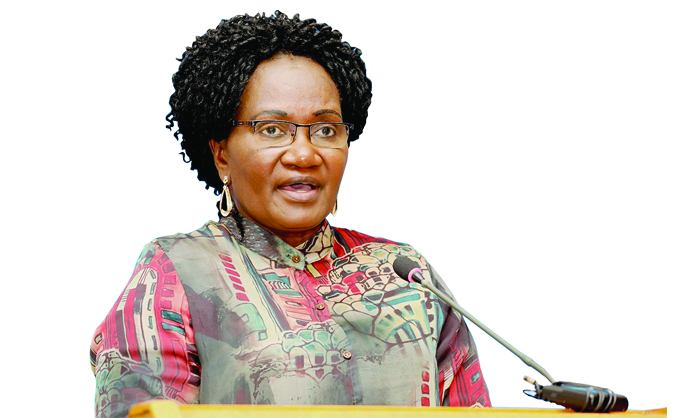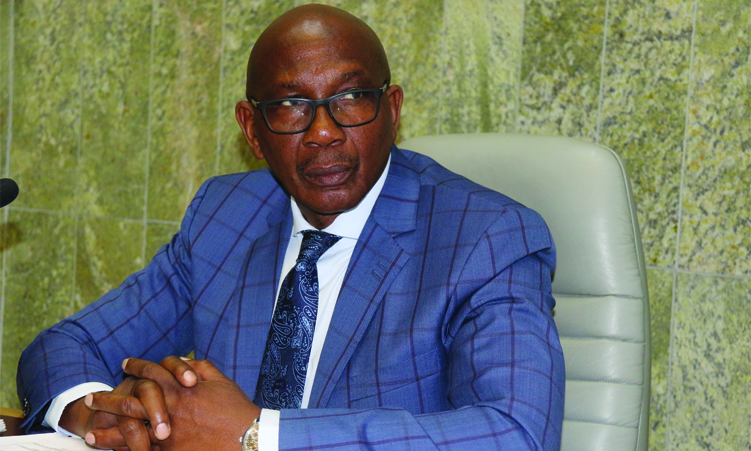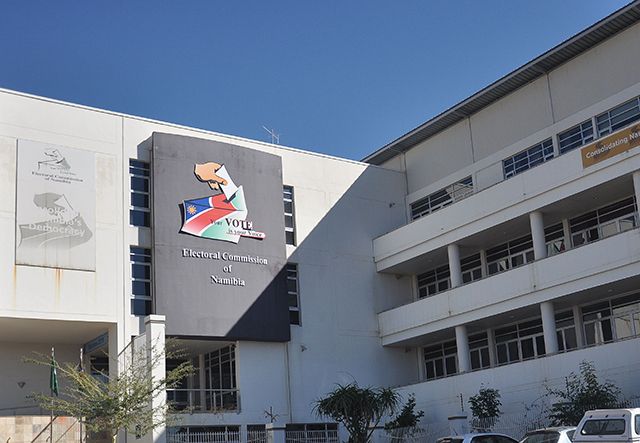Namibian universities are struggling to acquire the adequate equipment, facilities and specialised expertise to offer science and technology courses.
National Commission on Research, Science and Technology (NCRST) chief executive Anicia Peters says the fast-changing demands in especially digital technology fields create barriers, meaning curricula have to be adapted speedily.
“A case in point is the various subfields of AI and other emerging digital technologies. AI needs computing facilities, for which the cost of energy and infrastructure is quite high and specialised skills are necessary,” she says.
Peters says science labs also require specialised expensive equipment and need to be maintained at all times.
“We have a challenge with accredited and certified labs in the country, which further hampers our ability to offer certain types of science, technology, engineering and mathematics (Stem) courses in the country,” she says.
The minister of higher education, technology and innovation, Itah Kandjii-Murangi says offering some Stem programmes requires institutions of higher learning to have adequate infrastructure for teaching and learning, qualified academic staff members, and adherence to admission requirements.
Kandjii-Murangi admits that Namibia has a lack of adequate infrastructure, dedicated and or qualified staff members, and software.
She says non-adherence to admission requirements is another challenge and sometimes students are over-admitted to degree programmes with limited lab facilities.
“I call on the National Council for Higher Education (NCHE) to be supported by both the students and the general public to ensure that private institutions of higher learning are registered accordingly and offer appropriate degree programmes as per the set standards,” she says.

INCREASED MANDATE
Kandjii-Murangi says the Namibia University of Science and Technology (Nust) has increased its mandate to enrol more students in Stem courses as opposed to general qualifications.
More can, however, be done to increase enrolment rates in these fields and to introduce courses such as agricultural, mining and water technology development, neuroscience, nanotechnology, mano medicine, fully accredited maritime engineering, space science and technology, artificial intelligence and machine learning, she says.
“These fields are highly relevant to the current trends and socio-economic advancement of our country,” she says.
Kandjii-Murangi says the University of Nambia (Unam) has also elevated its Stem programmes to cater for the greater visibility of its postgraduate programmes.
This has highly contributed to the current discoveries in medicine, agricultural technology development and mining industries and has elevated Namibia’s global recognition on research and development, the minister says.
Peters says the NCRST is conducting a national research infrastructure survey aiming to record the types of equipment and other infrastructure in the country.
She says the commission provides research and innovation grants which include equipment.
“However, the NCRST is underfunded and can only offer limited support,” Peters says.

‘APPROPRIATE’ COURSES
This follows after the secretary to the Cabinet, George Simataa, in a recent press release said offering accredited science and technology programmes has proven to be difficult for private higher education institutions due to a lack of adequate infrastructure, dedicated staff members, software and the non-adherence to admission requirements.
Last week Simataa came under fire for saying the NCHE should ensure tertiary institutions offer courses in line with their mandates.
He called on the NCHE to ensure institutions of higher learning are registered accordingly.
“I believe this is an important call, because in the end, the students are the ones who suffer the consequences of poor services,” he says. Kandjii-Murangi says intervening in quality higher education is a collective responsibility. “The successful implementation of accredited degree programmes equally lies in the hands of the government, the regulatory bodies, students and the general public,” she says.
The minister says the government has institutions such as NCHE, the Namibia Qualificatins Authority and the Namibia Training Authority on Technical and Vocational Education and Training to regulate institutions of higher learning.
“The ministry will continue to work closely with the general public to identify gaps and best practices and to close any gaps hindering quality education,” Kandjii-Murangi says.
Stay informed with The Namibian – your source for credible journalism. Get in-depth reporting and opinions for
only N$85 a month. Invest in journalism, invest in democracy –
Subscribe Now!






